Silvertown Studios
Location: London, UK
Client: V22
Architect: Lagom Projects, Australia
Status: 2017—2019

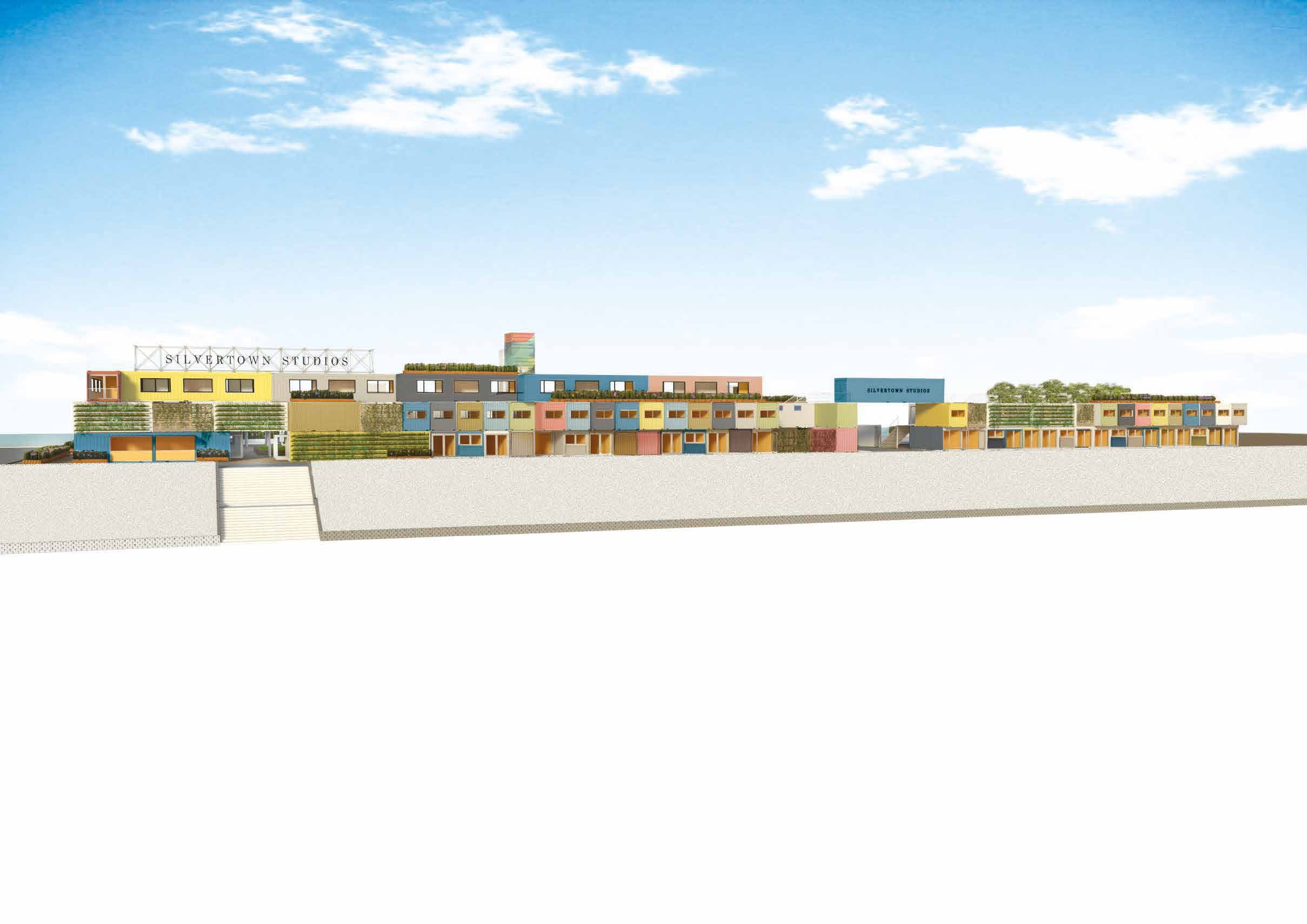
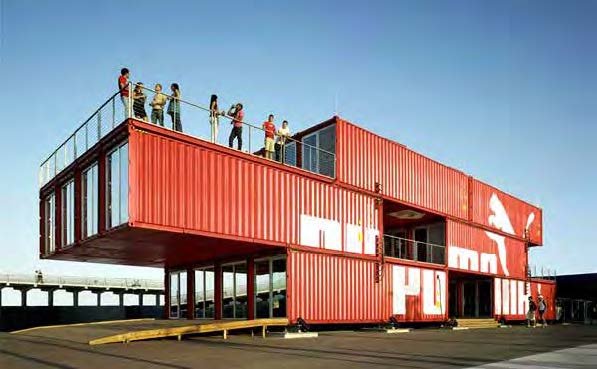

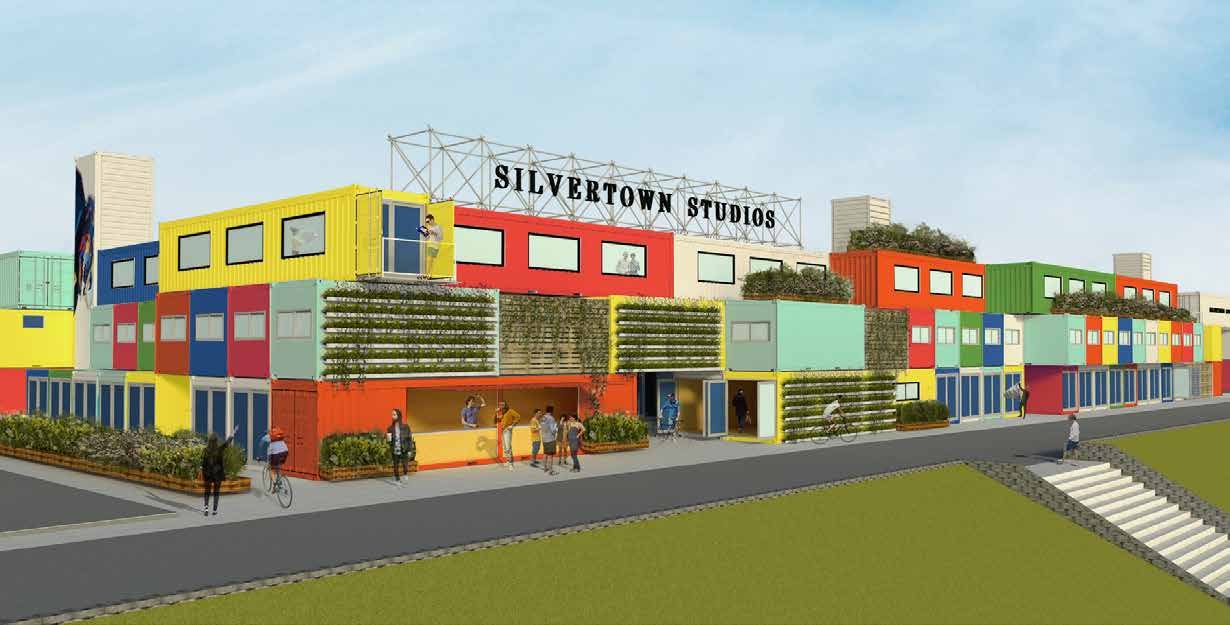
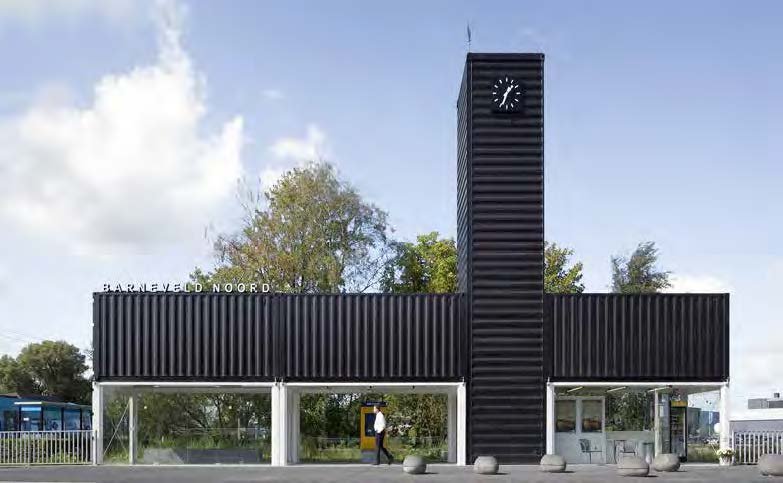
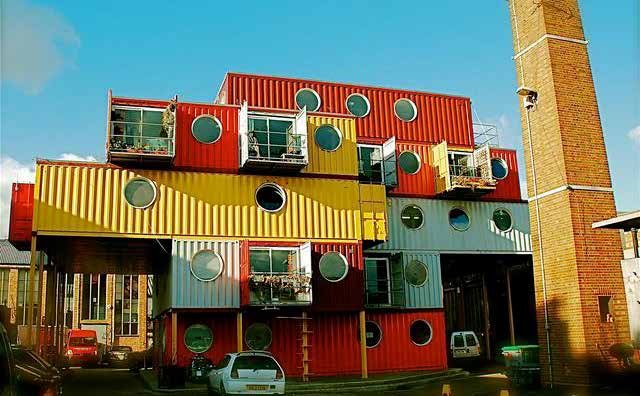
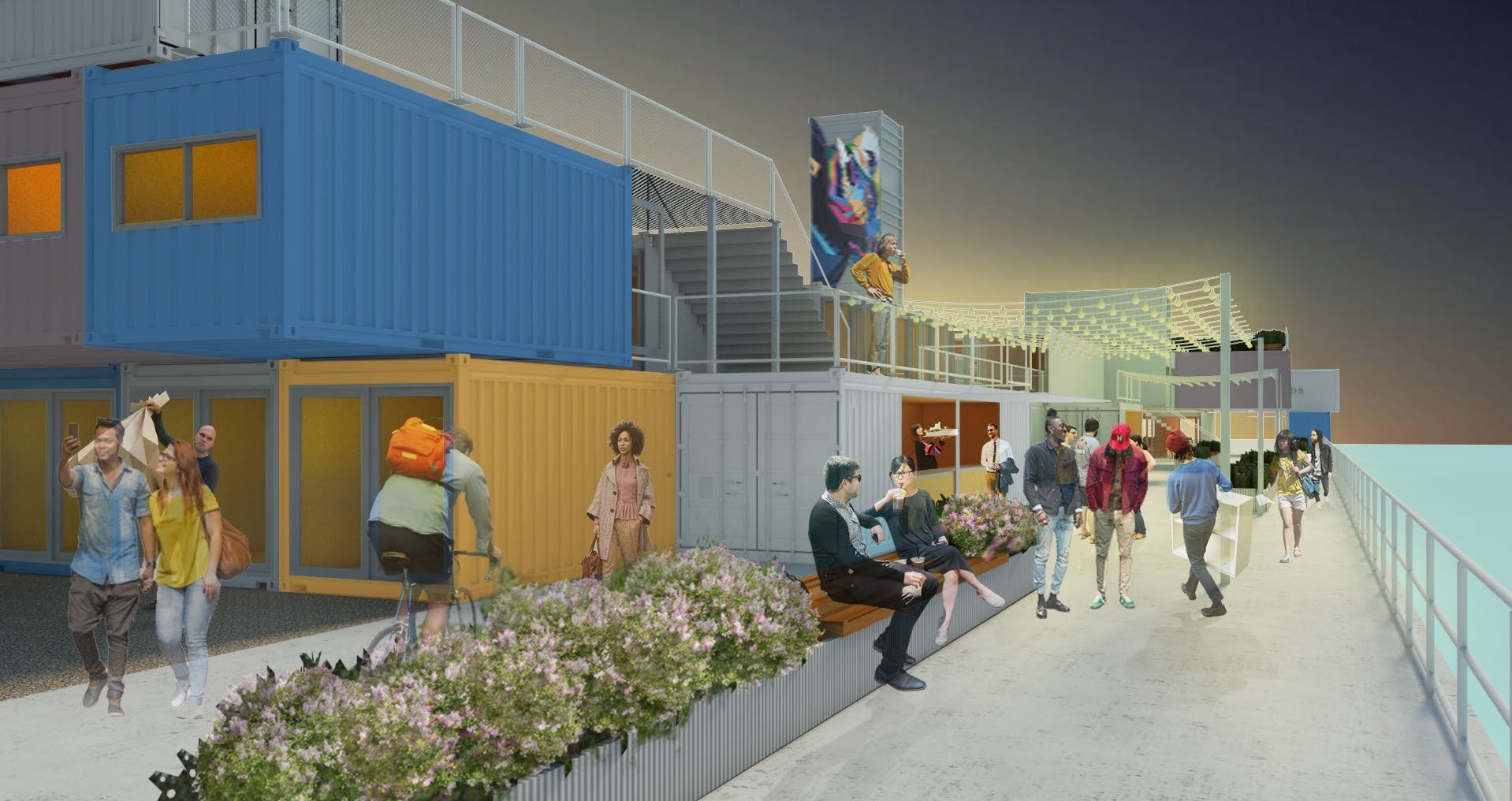
The Silvertown Studios development was to be a temporary neighbourhood of shipping containers, creating affordable workspaces, artists’ studios, community spaces and public facilities such as a café and gardens.
Project
Shared-ownership art organisation V22 was granted planning permission to work alongside the Silvertown Partnership, the Greater London Authority (GLA) and the London Borough of Newham to construct the project.
Brief
The client wanted to use shipping containers and modular buildings to form accessible workshops, commercial units and public facilities, with sustainability and environmental considerations being key factors.
Challenges
By developing a new modular structure to be manufactured in China, we had to ensure that all materials and standards complied with UK regulations. We also had to familiarise ourselves with importing from China into the UK.
“Christina always went over and above her job description, helping with all sorts of details, but also giving advice and constructive criticism on a wide variety of project elements. She is ethical, trustworthy, extremely bright, always up for a challenge, and a pleasure to work with.”
Solution
After originally being asked to design only the foundations, the client invited us to be a project partner. This was thanks to our approach of being heavily involved at each stage to help achieve the proposed vision.
We then designed a flexible and fully portable modular building system, for which we own the patent. This innovative system:
can be arranged to create different room layouts, including a 2m cantilever
is stackable up to four storeys high
is easy to disassemble and reassemble
incorporates sustainable energy and green systems
provides placemaking and culture-led urban regeneration
is affordable and requires less labour than other construction methods.
The proposed modular structure was certified and achieved building regulations approval. We also learnt a lot about importing materials into the UK. Ultimately, the project did not reach the construction stage due to a lack of funding.

